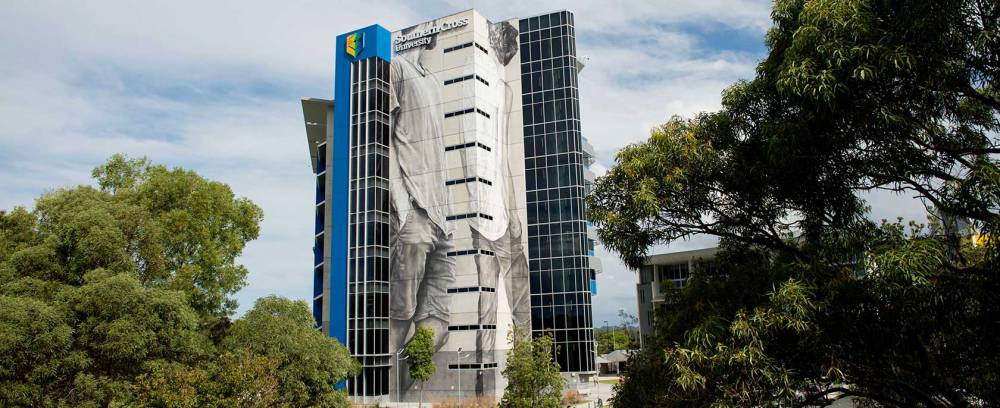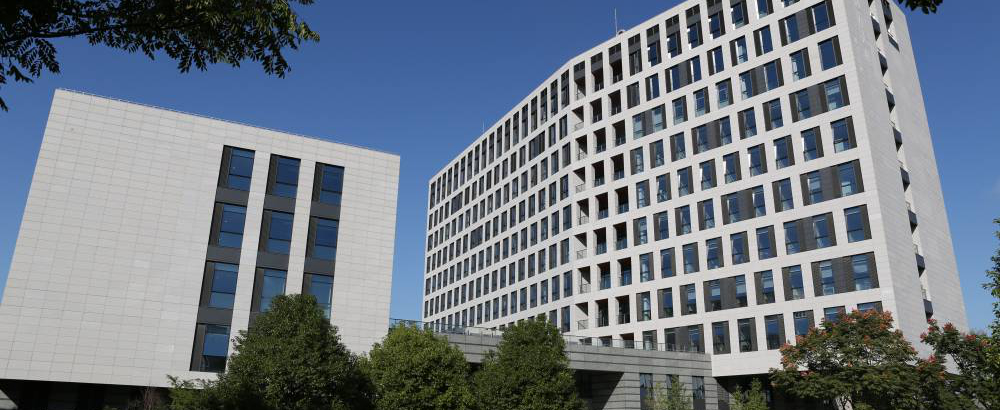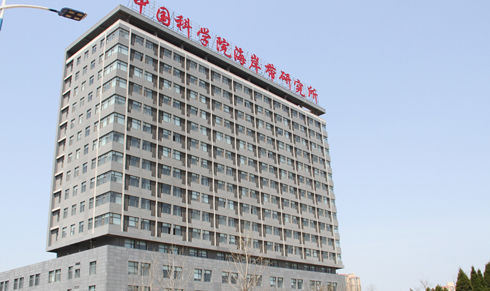Southern Cross University (SCU)
Southern Cross University is a multi-campus university on Australia’s east coast. It's identity is defined by their vision to be Australia’s Engaged University – with a proud Indigenous and international heritage that embraces the wider world and has an unwavering commitment to justice: social, environmental and Indigenous.



